On February 25, 2024, Aaron Bushnell, a 25-year-old active serviceman of the United States Air Force, died after setting himself on fire outside the front gate of the Embassy of Israel in Washington, D.C., in opposition to his government's aid to Israel in the ongoing genocide.
You owe me this witness.
I owe you flames.
—Kazim Ali
Our stories say water is the ultimate cleanser. It purifies; it redeems. It allows us to be born again, as from our very first, womb waters.
Water that beckons: the seduction of submergence, the hopeful re-emergence.
But, Aaron, you chose fire.
Barely older than my children. Fresh-faced like my students, some of whom attend classes dressed in fatigues like yours. Hair, the color of soft flames flickering in a fireplace. And spring-green eyes. A smile so open, it holds nothing back.
Aaron, you held nothing, but nothing, back.
When an event shakes our world, we feel compelled to pinpoint our own location at the time. We remember where we were when it happened—JFK’s assassination, 9/11, COVID-19 shelter-in-place orders. How blithely we were going about our day when, unbeknownst to us, distant but connected, everything shifted. A marvel, how each of us inhabits such separate realities. And now and then these realities collide, combust, go up in smoke.
Where was I, Aaron, when you set yourself ablaze? I calculate the time difference—your Sunday afternoon, my Sunday night on February 25, 2024—and know that I sat in a hotel room in Islamabad, savoring family photographs of a fleeting week, an hour to go before my departure for the airport. And seven hours later, when you gave us your last breath, I was suspended above the earth, somewhere between Islamabad and Doha, Qatar, blurring date lines and time zones on the long skyroad home to California. Oblivious of how the world had slid.
You outside the Israeli embassy in Washington, D.C., on that Sunday afternoon.
Two years ago, I landed in Fresno to news that my home was on fire. A fire I didn’t choose; a fire that cleansed nothing. It destroyed and displaced, though it spared life—a lifetime to sift through the ashes.
This time, I arrive home to news of you aflame. A faraway fire, yet so close it chokes. Fire that consumes the known and familiar. A bonfire of the stories we tell to coax conscience to sleep.
Memory-ash of a body that was mostly water, birthed from the mother-water a mere twenty-five years ago.
A Massachusetts baby, like my two.
Aaron, you were an aspiring software engineer. But you might have been in my English class. How well you understood the power of the story you were telling, the power of the symbol, of contexts and settings that give our actions meaning. An active duty pilot protesting his government’s complicity in genocide in a time-honored fashion. A soldier laying down his life in his own definition of patriotism. A sacrificial body, buying back its country’s conscience.
Your body, a text. Read it, you said.
You knew nothing else would make us see.
And even in the moment, you had reluctant readers. The story you were telling was not legible to the Secret Service officer who responded in the only language he knew: a gun pointed at you while you lay on the ground, afire. Ironic and absurd. All poetry lost.
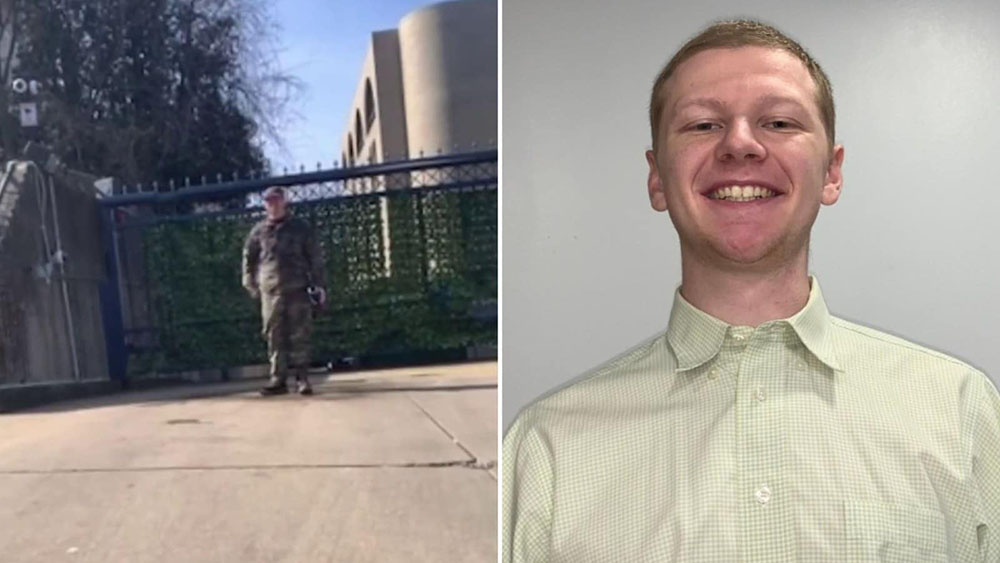
But you knew not to trust your readers to interpret what you narrated with your body. Even before you livestreamed your last act—This is what our ruling class has decided will be normal—you made a Facebook post to say we needn’t wonder what we would have done to protest slavery or Jim Crow because we’re doing it right now. And in your message to alternative media, how eloquently you articulated your reasons for doing what you were about to do. Your words weren’t widely read in the country you served, but I found them in an Indian news outlet online. A series of statements beginning: I am doing this because . . . The complicity of the government, the media, the world. The complicity of you and me. A series of statements—rhythmic, incantatory—the final four sentences reinscribing your life:
I am doing this because I am a human being, and I cannot remain silent in the face of injustice. I am doing this because I am a soldier and I cannot remain loyal to a government that betrays its own values and principles. I am doing this because I am a martyr and I cannot remain alive in a world that kills the innocent and protects the guilty.
I am doing this because I am Aaron Bushnell, and this is my final act of protest.
You shouted Free Palestine! again and again. A fiery refrain, hoarse with the heat of your conviction, before the flames snuffed out your voice.
You knew nothing else would make us listen.
A seer, a storyteller.
And then our media, if it covers the news at all, spins a story about your mental health. NPR footnotes the news with “If you or someone you know . . .” and shares the number of the suicide hotline. We’re told of your isolated, fundamentalist upbringing. Your implied unhinging. A traumatic response to that early domestic trauma or this political one.
Perhaps.
But in the words of your friend, you were not ill. In the words of your friend, it’s we who are ill, to stomach the carnage we enable and not feel moved to question it.
Suicide for genocide.
Suicide, the great Abrahamic taboo. One commits it as a crime or a sin. And yet there have always been other ways to read it.
As honor: not just the Romans and World War II Kamikazes, but all the crusades and jihads, past and present, down to the everyday recruitment of college students to the military. All the hunger strikes through the ages. Even the mother who starves herself so her child may eat. When faith frames the narrative and love lifts it above the literal, we read the death-wish as a life-wish.
Self-immolation as sati in South Asia’s past, when many a Hindu widow leapt into her husband’s funeral pyre, wifely glory in grief.
Kurdish women in the present, burning for the opposite: the right to live free.
American men, to protest our scorchings of the earth.
Self-immolation as political protest, birthed at the intersection of urgency and despair. In the Buddhist tradition of Thich Quan Duc and Nhat Chi Mai, who set themselves on fire in Saigon in 1963, self-immolation is not suicide, but the highest form of sacrifice. Eighty-two-year-old Quaker Alice Herz read it that way in Detroit, Michigan, and burned at a curbside to protest the Vietnam War. Vietnam to Tibet, and Tunisia—where, in the embering days of 2010, Mohamed Bouazizi ignited the Arab Spring. Students, alight with passionate protest, self-immolating in Prague and New Delhi and La Jolla, California.
At the University of California, San Diego, my daughter points to the plaque in the ground outside her first-year dorm in Revelle Plaza: “In honor of George Winne Jr. who immolated himself in Revelle Plaza in protest of the Vietnam war in 1970. He held a sign that read ‘In the name of God, end the war.’”
A global tradition of violent nonviolent resistance.
Aaron, since your death, I, who never knew you, seek your life.
Your username, LillyAnarKitty. Your reasons for choosing it, yours alone. That’s who you were on social media, where you liked the poem “The Empire Raised Me” by Anansi’s Library and planned to recite it when you retired from the air force in a few months. Its haunting lines: “And I was raised a soldier/ Now the muzzle is at my back/ The boots are at my door/ The guns are all racked.”
Your embrace of anarchist philosophy against vertical power structures.
Your joy in robotics, like my son’s.
Lord of the Rings and Marvel and karaoke.
Your care for the homeless in San Antonio and Akron.
You loved a cat named Luna. You remembered your responsibility, bequeathed her to your neighbor. Or was that Pumpkin you left with your friend Erin, the one with a following on TikTok? Or then again, was it Sugar, white as her name, who looks up into your face as you crouch down to pet her in a tender photograph on X?
Forgive me for slamming my laptop shut when you appeared on the screen, smiling, in that green and black rugby shirt with horizontal stripes—identical to the one my boy liked so much, I bought it for him in two sizes. To see him smile in it a little longer.
You were a young white American who cared about the powerless. About what we are doing in Palestine. Palestine-Falasteen, a moral litmus test for the world, as Black activist Angela Davis has said. Angela Davis, who never got her PhD from the University of California, San Diego, because the FBI confiscated her work the same year that George Winne, Jr. self-immolated in Revelle Plaza.
You left all your savings to the Palestine Children’s Relief Fund.
You made a wish for your ashes: If a time comes when Palestinians regain control of their land, and if the people native to the land would be open to the possibility, I would love for my ashes to be scattered in a free Palestine.
A deep blue sign with white letters appears in Jericho-Ariha, in the Occupied West Bank. A street named after you.
Aaron Bushnell Street, linked to the main street in Jericho, Gateway to Palestine—among the longest continuously inhabited cities in the world.
Jericho city council member Amani Rayan tells Al Jazeera: I felt that he was family. Someone who’s so close to us, who shares our deep pain. . . . This is the ultimate sacrifice at a time when no one seems to see us.
Mayor Abdul Karim Sidr wants to bring your family to Jericho to see for themselves how your name lives on in the hearts of an ancient people.
Aaron Bushnell
A kid, a prophet.
So the Lord said to Moses, “Aaron, your brother, will be your prophet.”
Haroon in the Quran—my father’s name.
Aaron-Haroon, the Priest. The Anointed One, the one who spoke for Moses when Moses couldn’t.
Let all the stories speak to me.
The phoenix rising from the flames.
Agni, god of fire. With his two faces, benevolent and malevolent, mediating between the earth and heavens.
Let it be true that a single sacrifice can pay for our collective sins. Wash us
clean.
Baptism of fire or water, restore us to our moral bones.
Write us our redemption arc.
But how to make the story add up? To call it a fair exchange? And accept
this barter as a bargain: Aaron’s one life for all of ours.
Ask the mother who birthed that son.
You raised your boy well, I want to tell her.
Too well, she might reply.




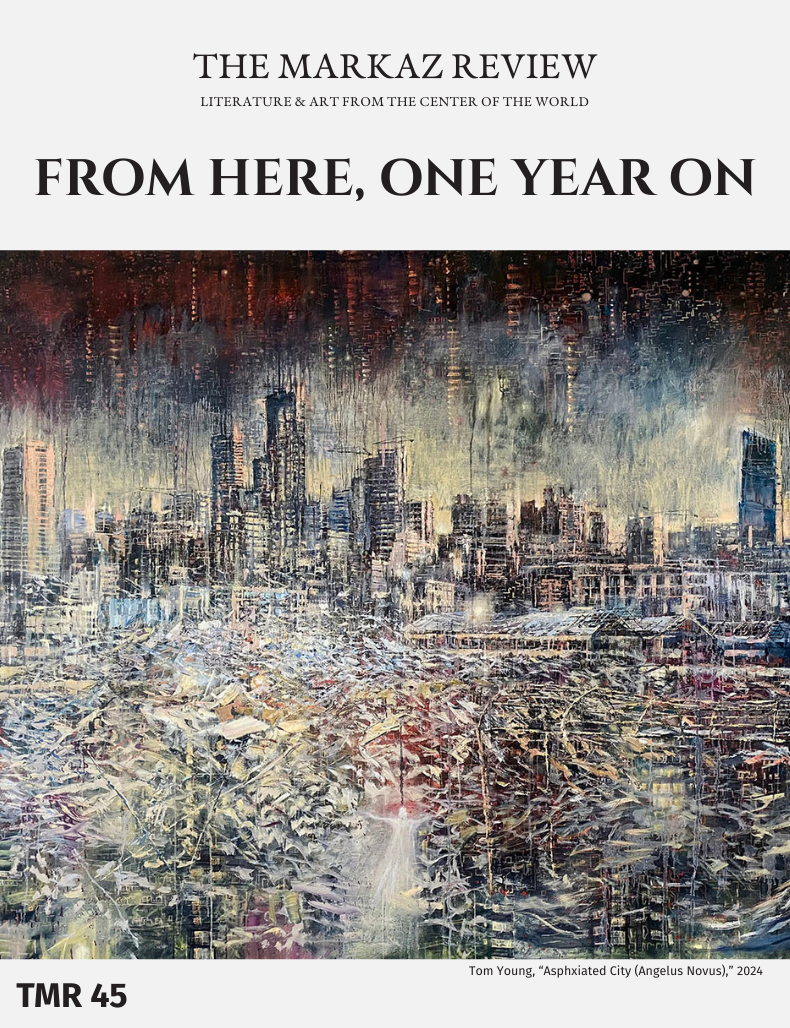
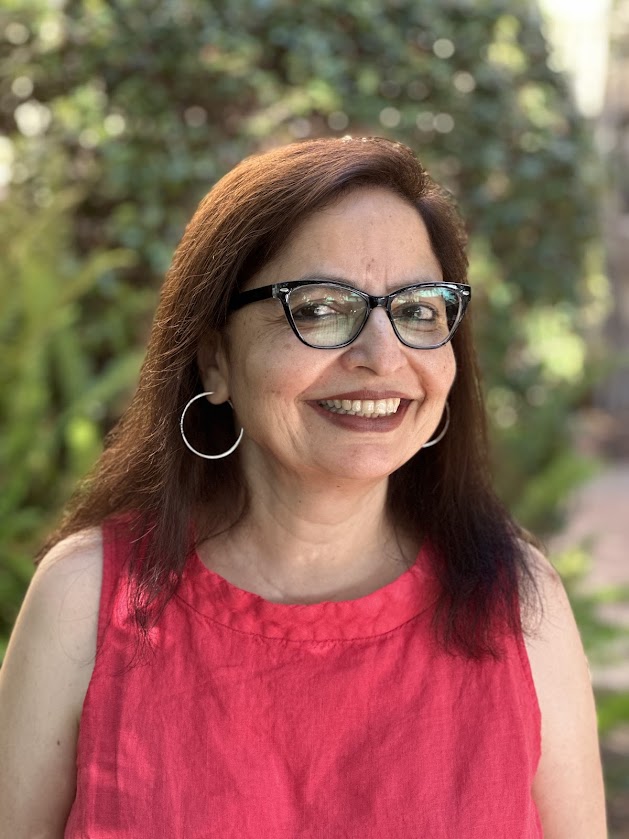




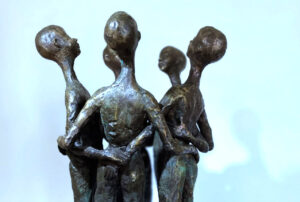
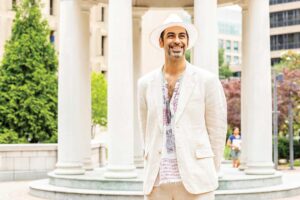
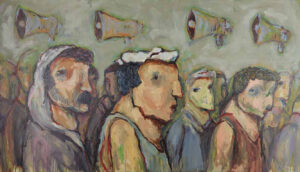

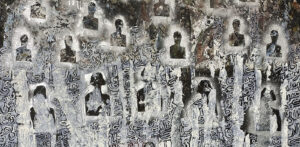



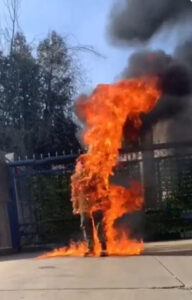




Wonderful expression in words about the painful tragedy of present day atrocities by the powerful state to the weaker ones. The world needs to be much more humane than it is today.
Searingly (as in fire), lovingly, and sooo poignantly, poetically, presented…thank you, thank you, Ms./Professor Najmi. Hard to believe that Aaron Bushnell left us in February, nearing a year ago. I close most of my comment posts with “Viva Palestine!–Hamas and ALL of Palestine! … Young Aaron Bushnell, Rest in Power and Resistance!”
Kudos to The Markaz Review for compiling this 12-component series of essays. I’m progressing through each at a rate of a couple per day.
Pingback: Kudos to Fresno writers — Fall 2024 – We Grow Writers
Thank you for such beautiful and fitting poetry for the such missed Aaron Bushnell. May you be in peace you kind loving soul.